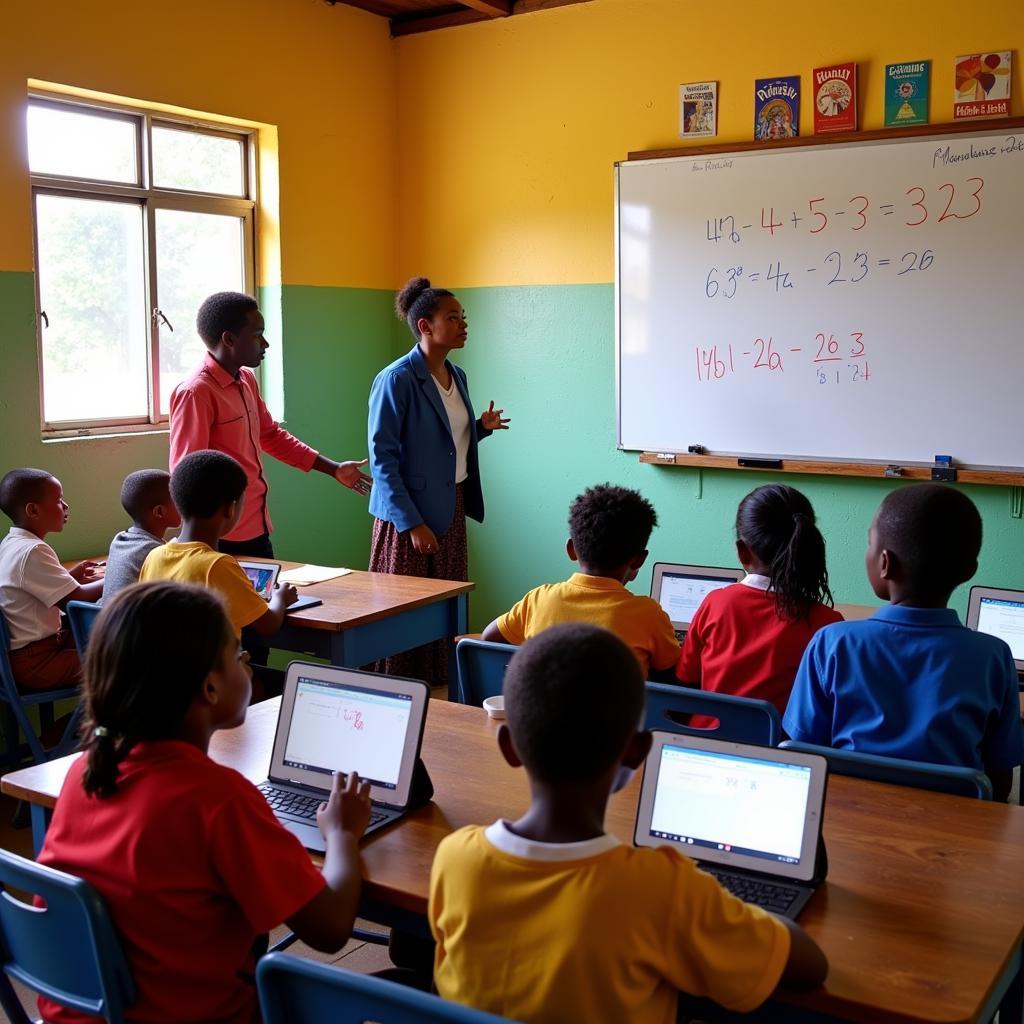African Countries and Their Languages: A Diverse Linguistic Landscape
Africa is a continent renowned for its rich cultural tapestry, and a significant thread in this tapestry is its linguistic diversity. With over 2,000 languages spoken across its 54 countries, Africa boasts an astounding one-third of the world’s languages. This linguistic richness stems from a complex interplay of history, migration, and cultural exchange.
The Colonial Legacy and Its Impact on African Languages
The colonial era significantly impacted the linguistic landscape of Africa. European powers, during their scramble for resources and power, imposed their languages on the continent, often suppressing indigenous tongues. This led to the adoption of languages like English, French, Portuguese, Spanish, and Arabic as official languages in many African countries. This adoption served administrative, educational, and economic purposes, connecting these nations to the global stage. However, it also created a linguistic divide, often favoring those fluent in colonial languages over speakers of indigenous languages.
Recognizing the Importance of Linguistic Diversity
Despite the challenges posed by colonial influence, African countries have made significant strides in recognizing and preserving their linguistic heritage. Many nations have adopted policies promoting multilingualism, recognizing the cultural and societal importance of indigenous languages. This includes incorporating these languages into education systems, media, and government communication.
Major Language Families and Their Geographical Distribution
Africa is home to four main language families:
- Afro-Asiatic: This family boasts the widest geographic distribution, spanning North Africa, the Horn of Africa, and parts of the Sahel. It includes languages like Arabic, Amharic (Ethiopia), Somali, and Hausa (Nigeria and Niger).
- Niger-Congo: This is Africa’s largest language family in terms of the number of languages and speakers. It dominates Sub-Saharan Africa and includes Swahili (East Africa), Yoruba (Nigeria and Benin), Zulu (South Africa), and Igbo (Nigeria).
- Nilo-Saharan: Concentrated in East Africa, this family comprises languages like Luo (Kenya and Tanzania), Maasai (Kenya and Tanzania), and Dinka (South Sudan).
- Khoisan: Primarily spoken in Southern Africa, this family is known for its unique click consonants. Examples include Khoekhoe (Namibia) and Sandawe (Tanzania).
The Role of Language in African Identity and Culture
Language plays a crucial role in shaping individual and collective identities in Africa. It serves as a repository of cultural knowledge, traditions, and values passed down through generations. Language is intricately woven into various aspects of African Life, from storytelling and music to rituals and ceremonies.
The Future of African Languages
While challenges remain in ensuring the vitality of all African languages, there is growing awareness and action towards their preservation and promotion. The rise of digital technology offers new opportunities for documenting, teaching, and disseminating these languages. Furthermore, the increasing recognition of the importance of linguistic diversity globally bodes well for the future of African languages.
Frequently Asked Questions About African Languages
How many official languages are there in Africa?
While there are over 2,000 languages spoken in Africa, the number of official languages varies by country. Many nations recognize multiple official languages, including indigenous languages and those adopted during the colonial period.
What are some of the most widely spoken languages in Africa?
Some of the most widely spoken languages in Africa include Arabic, Swahili, Amharic, Yoruba, Hausa, Igbo, Zulu, and Oromo.
Why is it important to preserve African languages?
Preserving African languages is crucial for maintaining cultural diversity, promoting inclusivity, and safeguarding the rich heritage and knowledge systems embedded within these languages.
For support or inquiries, please contact us at +255768904061, email us at kaka.mag@gmail.com, or visit us at Mbarali DC Mawindi, Kangaga, Tanzania. Our dedicated customer support team is available 24/7 to assist you.

